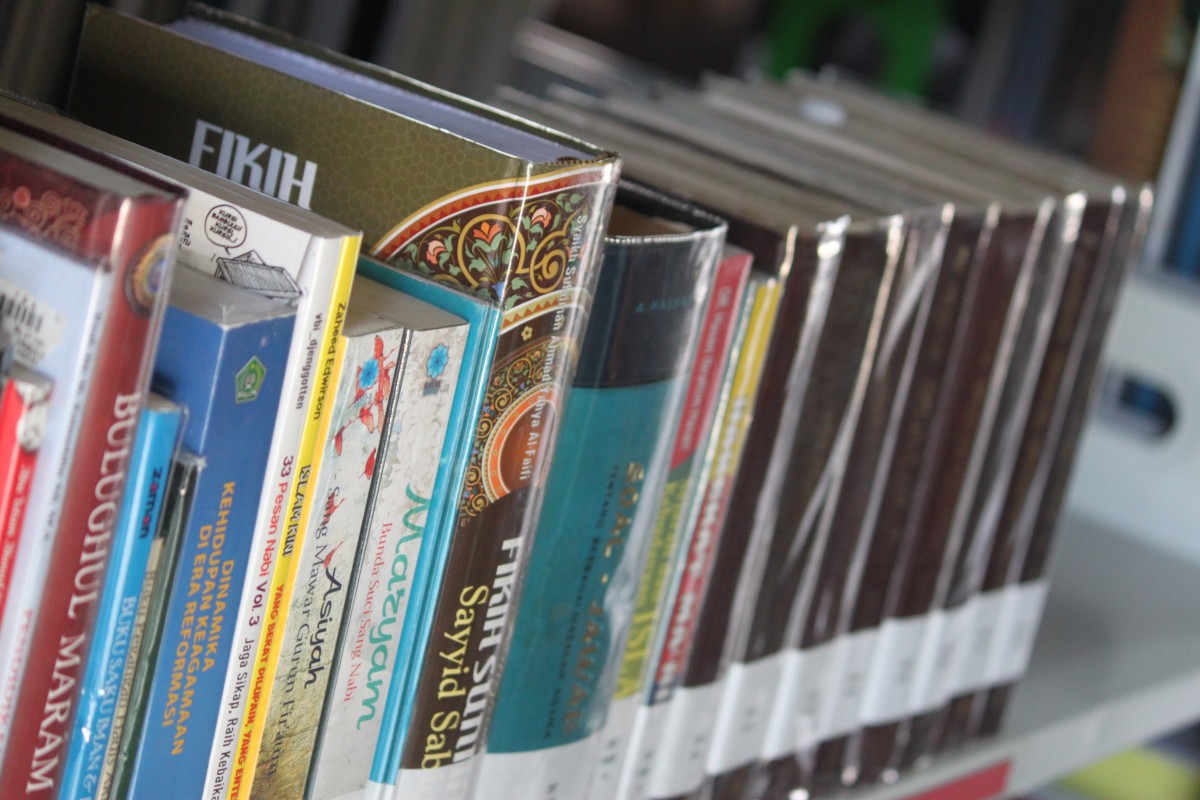A garbage segregation campaign started five years ago to convince Cairenes to separate their waste has seen mixed results so far, one year after the project began.
In June 2010, the NGO Spirit of Youth began the campaign, funded with US$1 million from the Bill and Melinda Gates Foundation. The organization hoped people would separate their waste into two groups: organic (waste and food remains) and non-organic (everything else). They chose Zamalek as the neighborhood to implement the pilot project.
From June to December 2010, Spirit of Youth spread awareness in schools, universities, restaurants, NGOs, clubs, companies and offices all over Cairo to teach people how to sort their trash at the source to facilitate the process of recycling. The NGO conducted 2321 presentations all over Egypt, handed out fliers, did constant follow up visits and distributed 78 recycling bins. But it could not implement a door-to-door campaign in Zamalek for security reasons.
“In Zamalek, we could only operate with institutions, schools, and restaurants, which segregate around 70 percent, but we were not allowed to go to households due to security reasons," said Ezzat Naiem Guindy, founder and manager of the NGO.
An increasing number of volunteers and shops are also promoting garbage segregation in Zamalek.
The Makani Zamalek sushi bar, located on 26th of July Street, started the campaign “Good green Makani” last March, installing garbage bins outside the cafe for the disposal of trash.
“This is only the first stage,” Mohamed al-Masry, assistant manager, explains with enthusiasm. “We are also planning to plant trees to raise awareness on the importance of respecting the environment.”
The colorful idea seems to be contagious as other shops, such as the Diwan stationary store, implemented it, but not without some contradictions.
Mohamed Sayed, a cashier at Diwan, said, “We are only marketing the idea, but we don’t divide the garbage inside the shop. We had a lot of positive feedback from our clients, but many people still don’t divide the waste correctly.”
Last March, another clean-up initiative began in Zamalek, promoted by Hala Barakat and Sara al-Sayed. It aims at improving the cleanliness of the streets by collaborating with neighborhood NGOs and the AMA Arab Environmental Company.
Although there are many positive signs, the effort to improve the waste disposal system is still facing strong challenges.
Yara Shahin, team leader for Spirit of Youth, explains that the group began to see one obstacle in particular.
"After one year into this project, we understood that the main problem is the zabaleen's fear to change their way of working rather than society's reluctance to evolve toward garbage segregation."
The garbage war
In 2005, the government privatized the waste removal service by contracting trash collection to foreign companies – one Italian, one Spanish and an Arab-Italian joint venture. The last one, AAEC, is a local subsidiary for the Italian company AMA International, and it is responsible for waste management in western and northern Cairo, including Zamalek.
“The situation in Cairo worsened since that moment,” Laila Iskandar, chairperson of consulting company CID, states.
As Iskandar explains, the contract between the foreign companies and Cairo Governorate did not include door-to-door collection of the garbage, a service that the zabaleen have been conducting since they moved to Cairo from southern Egypt in the 1950s. It merely involved the waste collection from big bins disposed outside the buildings and the cleaning of the streets.
However, as citizens were not disposing their garbage in the bins provided by the company, the company decided to subcontract the zabaleen to continue their old waste management system in parallel with the new one.
Spirit of Youth says this informality had negative consequences. Most of the time, the companies don’t pay the zabaleen for the door-to-door service they perform nor do they provide them with trucks. As a consequence, the zabaleen try to take the garbage from the streets to sell it to recycling companies and make some money out of the process.
Hani, a 25-year-old garbage collector, is throwing the garbage he collected from a private building into his truck. A member of the zabaleen community of Ard al-Lewa, he mainly works in the wealthy neighborhoods of Zamalek and Mohandessin.
Reluctant to talk at first, Hani explains the quite complicated waste disposal system he operates in.
“My boss (a leader of the garbage collectors who also negotiates with the foreign companies) pays the doorman – about LE 300 for a building of 16 apartments – so I can access the building and collect the garbage. Then, I segregate it. I use the food to feed the poultry, and I sell all the non-organic waste to an intermediary in Ard al-Lewa who eventually sells the garbage to recycling companies.”
The price of the non-organic waste varies depending on its nature. The intermediary, who buys garbage from the collector to resell it to the private companies, makes 25 piasters per kilogram of carton and metal and LE2.50 per kilogram of plastic. Hani makes a fixed salary of LE600, and the rent for his truck is paid by the mediator.
In the actual disorganization of the waste disposal system, one element has become clear to the different parts involved in the process: trash is money, and the doorman along with the companies’ employees and scavengers have understood that.
As a consequence, the garbage collectors, concerned by their decreasing control over waste disposal, don't divide the garbage in their carts in order to gain time, anticipating the swiftness of their competitors. This is the only way they found to still be able to sell the garbage to recycling companies.
Demotivated after realizing their efforts are useless, some residents have stopped segregating the garbage.
The informality of this system doesn’t have efficient results, nor it is economically viable for the residents and shops, who end up paying twice as much for garbage collection. “Now, the residents have to pay a fee that ranges from LE6 to LE9 on the electricity bill, on top of a tip of a few pounds to the garbage collectors for the door-to-door service,” Shahin explains.
“The solution is to convince the zabaleen that garbage segregation operated at the source by citizens is beneficial for them and can help improve living conditions in their communities,” Shahin points out. She adds that the association’s new approach aims to engage the zabaleen in creating a legal and organized waste disposal system in parallel to the public awareness campaign.
Volunteers constantly suggest that the garbage collectors divide their trucks in different compartments so as not to frustrate the people's segregation efforts. In addition, the association is urging them to organize and register themselves as cleaning companies, asking the governorate for contracts in order to stop being exploited by the foreign companies.
According to Guindy, Spirit of Youth has already convinced 45 garbage collectors to organize a small private company in the coming future so they can stop working with foreign companies that are making them collect the garbage in the same old system.




